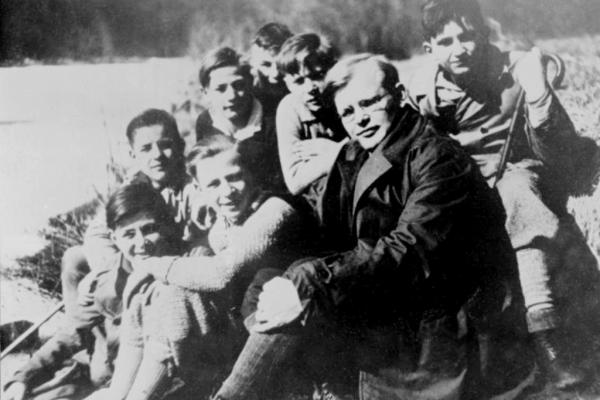Crucial to our response to all this, however, is a fundamental question: Are we confronted today simply by another set of vexing economic and social developments that require our attention? Or is something deeper at stake? Are we facing forces that constitute a spiritual assault on the integrity and truth of Christian faith in today’s world? Is this a time when our response, however well intended, will be inept unless it is grounded in a spiritual resilience that confesses faith in Jesus Christ, through the power of the Spirit, who unmasks and defies powers that would subdue and crush the public integrity of the gospel in the world?
This is, in truth, the crucial question for us to discern. And it is deeply serious. I’d pose it this way: When rising forces of nationalistic exclusivism are fueled by racial bigotry, when a naked global struggle for money and power shreds bonds of human solidarity, and when unbridled greed threatens planetary survival, is the truth and integrity of our faith at stake? Is the only response capable of addressing the roots of this crisis one of spiritual resistance and renewal rooted in what it means to confess Jesus Christ as Lord? In other words, is it a kairos moment calling us to a clear discernment of what it means, in this present context, to confess our faith? And must such a confession then shape the communities of those who believe the gospel? In my view, the answer is yes.
Read the Full Article

